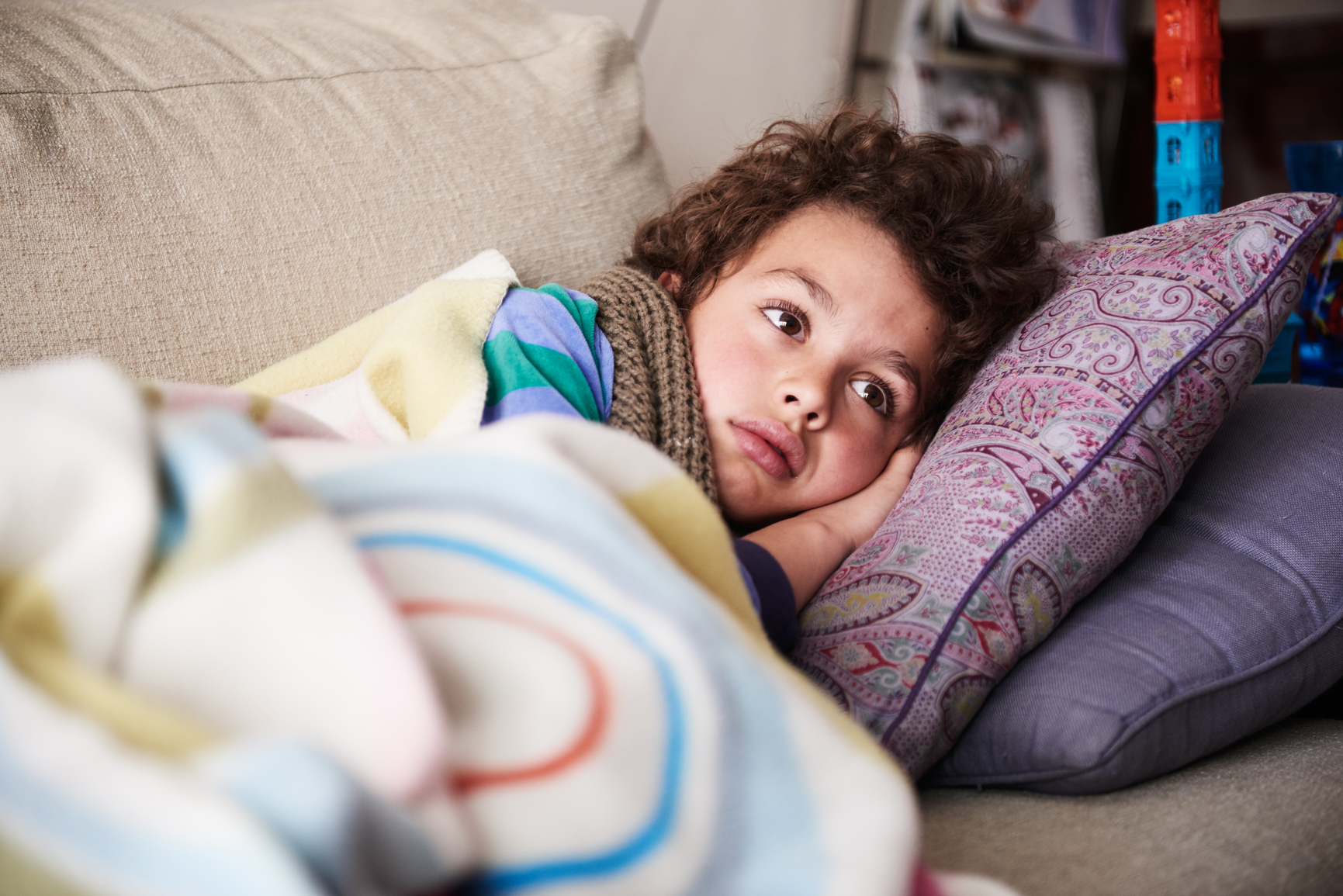-
Whooping cough — or 'pertussis' — is on the rise, with South Australian Health reporting a 50% increase in cases, and NSW Local Districts reporting a spike earlier this year. While the condition can affect anyone of any age, it is particularly dangerous for young babies.
So, what exactly are the signs to watch out for?
Common symptoms
Whooping cough is a highly contagious respiratory infection which is commonly spread through coughing and sneezing or having direct contact with someone who’s got it.
Symptoms present themselves in two phases:
- Cold-like symptoms: The first stage is often disguised as a cold, with those affected suffering from a blocked or runny nose, sneezing, sore watery red eyes and a slight fever.
- Dry cough: Several days later, a dry ‘whoop’ like cough develops, often followed by an uncontrollable fit, and in some cases, vomiting. Sometimes called the 100 day cough, whooping cough can last weeks or months, and the incubation period is 7-20 days.
Babies less than 12 months old are most at risk of complications from whooping cough, and for babies less than six months of age, they can be life threatening. For young babies, potential complications of whooping cough include bleeding, apnoea, pneumonia, convulsions, brain damage or even death.
Get immunised to help protect yourself and others
The pertussis vaccine is the best way to protect you and your family from whooping cough. It is a combination vaccine that protects against a number of diseases and is free for children as part of the National Immunisation Program Schedule.
As newborns are most at risk, mothers-to-be are strongly advised to get the pertussis vaccine during the third trimester of pregnancy — ideally at 28 weeks. It’s also recommended that those who’ll be spending time with the baby, such as family and close friends, get a booster too.
Babies will need to be vaccinated at two, four and six months, with booster shots at 18 months, four years, and again in high school. It’s important to remember that children who have been immunised can still contract the infection, although it won’t be as serious. To get you and your baby immunised, visit your local GP.
Treating whooping cough
If you think you or your child may be suffering from whooping cough, seek professional help immediately. If the condition is detected early enough, your doctor may prescribe antibiotics. You or your child will remain infectious for five days until the antibiotics have killed the bacteria. Those infected are also encouraged to stay away from school or work for at least 3 weeks after contracting the infection.
Bad cough? It could be whooping cough

-
What causes bad breath?
Find out how to keep your mouth smelling fresh
-
Signs to look out for when a cold is getting more serious
When you should see a doctor for a cold.
-
The health checks to keep in mind at different stages in your life
Have you had these health checks?
-
Bowel cancer: risks, symptoms, diagnosis and treatment
Learn more about bowel cancer
-
Flu myths debunked
Is 'man flu' real? Can you catch the flu from the flu vaccine? We separate flu facts from flu fictions.
-
Where to get health support in Australia
An Overseas Student Health Cover member’s guide to key health services and when to use them.
Subscribe to receive the best from Live Better every week. Healthy recipes, exercise tips and activities, offers and promotions – everything to help you eat, move and feel better.
By clicking sign up I understand and agree to Medibank's privacy policy






